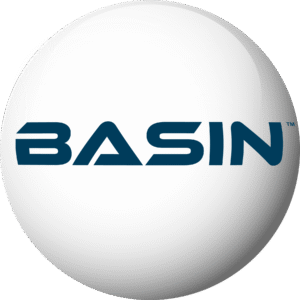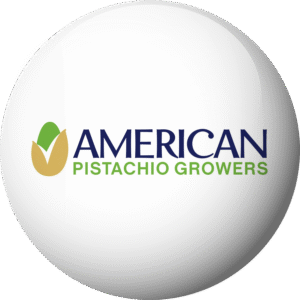By Juan Estupinan, President & CEO, Vestaron
Across Europe’s farmlands, a quiet but urgent crisis is unfolding. As pest pressures increase and chemical crop protection options disappear from the market, growers are struggling to maintain yields, safeguard livelihoods, and meet the EU’s environmental aspirations. It’s a perfect storm, one that existing regulatory frameworks are ill-equipped to weather.
Europe’s political leadership is rightly focused on sustainable productivity. The Farm to Fork Strategy, the Green Deal, and successive efforts to drastically reduce the use of synthetic pesticides all aimed to reduce agriculture’s ecological footprint and increase food system resilience. But these ambitions have faltered and are colliding with a sobering reality: innovation is being stifled by outdated regulatory definitions.
Nowhere is this more evident than in the case of peptide-based insecticides, a new class of crop protection products with the potential to transform pest management. At Vestaron, we have developed nature-inspired peptide biopesticides that are biodegradable and highly selective. These products target specific insect pests while preserving pollinators and beneficial species. Their safety profile, environmental performance, and novel modes of action make them an ideal fit for modern, sustainable agriculture.
Our flagship product, SPEAR® LEP, was the first insecticide in decade to introduce a completely new mode of action targeting the neuromuscular system of insect pests. Yet despite its performance and environmental safety, our product, and the broader category of peptide-based biopesticides, faces a major regulatory bottleneck in Europe.
Unlike microbial or botanical biocontrol agents, peptides are not yet formally recognized as “biologicals” under EU law. Despite being derived from nature and exhibiting low-risk behavior, peptides are lumped into the same category as synthetic chemical pesticides. This misclassification subjects them to the full weight of the conventional approval process: a years-long, resource-intensive pipeline that was never designed for such products.
The result? A de facto penalty on innovation. It is a disincentive for companies developing the very solutions the EU says it wants: sustainable, effective alternatives to legacy chemicals.
The European Commission’s proposal to accelerate access for biopesticides to the EU market, mentioned in its Vision for Agriculture and Food and expected by the end of the year, is a step in the right direction. However, to deliver on its promise, this framework must explicitly include peptides. Failure to do so would not only undermine the potential of this critical technology, but it would also signal to innovators that the EU is not serious about updating its regulatory toolbox to match its climate goals.
This is not about relaxing safety standards. It’s about regulatory modernization, ensuring that products are evaluated based on what they are, not what they resemble superficially. Peptides biodegrade quickly, are highly targeted, and have minimal impact on the environment when compared to the environmental damage caused by man-made pesticides. They represent a new class of tools that cannot and should not be assessed by outdated templates created for synthetic chemicals.
At Vestaron, we are committed to working with EU policymakers to help shape this future. We’ve invested in extensive field trials, engaged directly with regulators, and collaborated with growers across multiple countries. We’ve seen firsthand the impact these products can have on farm productivity, ecosystem health, and chemical load reduction. And we’ve also seen how critical regulatory alignment is to unlocking these benefits at scale.
The EU’s pesticide use has declined by 46% from the 2015–2017 baseline, and by another 6% since 2022. But that trend tells only part of the story. The use of more hazardous substances, those with acute toxicity, has risen by 5% in recent years. This uptick reflects the growing ineffectiveness of older chemistries and the lack of viable new tools.
Peptides are not a silver bullet, but they are a critical part of the solution. They provide a rotation option that can delay or prevent resistance. They meet the EU’s high standards for safety and sustainability. And they are ready, scientifically validated, commercially viable, and already in use around the world.
If the EU institutions truly aim to support innovation, they must move beyond narrow definitions. Biocontrol is more than microbes and plant extracts. The future includes a broader spectrum of nature-inspired solutions, and peptides must be recognized among them.
This is not an abstract policy discussion. It is a decision with real consequences for the future of farming, food security, and environmental stewardship in Europe. Without regulatory alignment, the EU risks falling behind in ag tech innovation, leaving its farmers dependent on older, less sustainable tools.
The next few months will be pivotal. Brussels must act boldly and inclusively to modernize its crop protection approval processes. That means ensuring that its promised reforms include a clear pathway for peptide-based products and allocating the resources needed to evaluate them effectively.
The technology is here. The data is clear. The demand from growers is real.
Now it’s time for the policy to match the moment.

